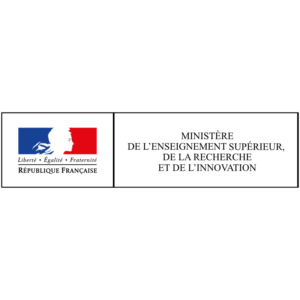Business Challenges
Learn to describe, create, and design business models of smart innovation; to analyze the impact of actors’ strategies on smart innovation’s economic models; and to reconsider technology acceptance issues in the context of smart cities.
40h face-to-face / 30h self-study
Description
This module has the objective to introduce to the techniques of describing and designing a relevant business model, exploring the antecedents and consequences of business model innovation and examine issues related to the implications for strategic decision making, consumer uses and acceptability and transition challenges in transforming business models into more collaborative innovation models. The module will also examine the relationship between innovation, territory and entrepreneurial spawning in smart cities.
The main topics of this module include:
• Business model building blocks and challenges in innovation (10H) – Dr. Rani DANG, Associate Professor in Innovation Management at University Nice Sophia Antipolis (UNS)
This section will show how to technically describe, create and design relevant business models. The course will first offer well-tested approach of business models: the building blocks and major patterns of business models. Second, it will explain the challenges related to business model innovation.
• Business Model in smart-cities and territories (10h) – Dr. Amel ATTOUR, Associate Professor in Economics at University Nice Sophia Antipolis (UNS)
This section will apply business model concepts to smart cities. The aim is to educate student about how developing viable business models of smart innovation. For that purpose, smart cities are studied as a complex ecosystem where the city is both actor and targeted customer of the innovation. The course will explain how, in such ecosystems, actors innovate in their business model and how their strategies impact the viability of smart innovation’s economic model.
• Digital changes in smart cities and new business models (10h) – Dr. Lise ARENA, Associate Professor in Management (specialising in management of information systems) at University Nice Sophia Antipolis (UNS)
This part of the module aims at describing new business challenges induced by the digital transformation in smart cities. New forms of monitoring, based on data, provide a better understanding of how a digital innovation is actually used. In line with this, students will be asked to reconsider technology acceptance issues in the context of smart cities, as well as to rethink existing interactions between both phases of design and use.
Learning outcomes
• Describe and design business models
• Conceive and adapt a business model to complex products, services and environments
• Reinterpret smart cities strategy through the lens of Business Models
• Multidisciplinary competences related to the management of territorial projects in complex ecosystems
• Multidisciplinary competences related to the competitive, institutional, and digital environment of geographically localised firms and smart cities.
Learning approach
• Blended learning and use of ICT tools;
• Access to the Smart City Innovation Centre;




